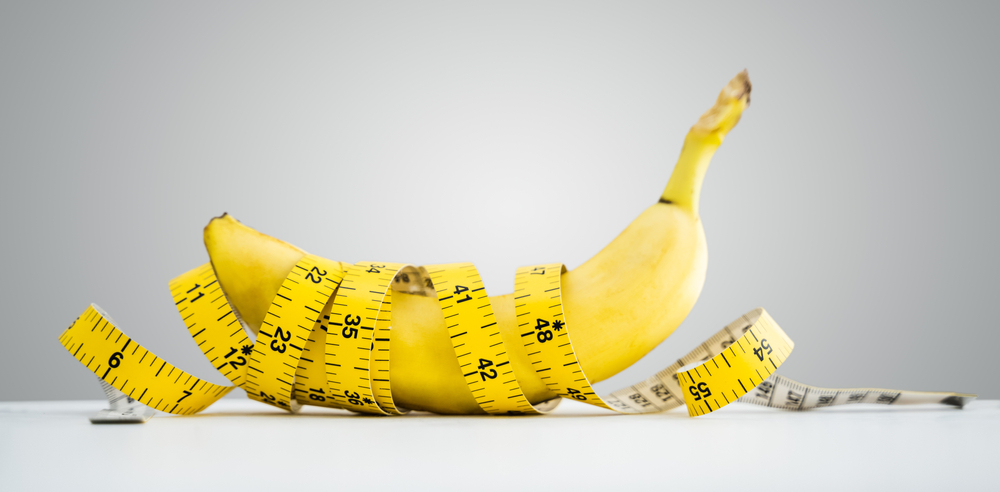What too little and too much Testosterone can do to your body
Testosterone is one of the most known hormones found in men and women. It is primarily responsible for many physical features in males, such as reproduction and strengthening the muscles. This hormone is produced in the gonads of both genders, in the testes and ovaries, respectively. However, the quantity of the hormone differs as it is higher in men than women.
This hormone is known to start the development of the sexual organs; those located in and outside the body during the development of a fetus become essential later during adulthood for sperm production among men. Other roles in the body include new cell formation (blood) and enhancement of libido across all genders.
Also, it ensures growth changes in the body once one is in an adolescent stage, resulting in different physical changes in the body, including an increase in body size, height, and growth of pubic hair.
The Effects of Low Testosterone Hormone
Fetus
It has been discovered that low concentrations of the hormone within the body can result in problems affecting one’s perception of things around them. Although the chances of having insufficient amounts of this hormone are low; however, it’s possible and can occur in different stages of life. The most common is during the development of a fetus; a lower amount can affect the physical characteristics of a man, whereby the organs can be incompletely developed.
Adolescent males
It can also occur during adolescence resulting in a slow progression in terms of growth, and no growth spurts can be noticed. It can also result in low numbers of pubic hair, reduction in the growth of the testes and phallus, and breaking of voice during puberty.
If boys during this stage have fewer amounts of Testosterone, there is a likelihood of them having less strength and endurance compared to other boys of their age group. In addition, there is also a possibility of them having continuous growth in both the upper and lower limbs, which can be out of proportion compared with the rest of the body.
Adult men
In adult men, low levels of this hormone can cause a loss of body hair, low muscle tone, and wrinkled skin. It is essential to note that the level of Testosterone naturally reduces as one gets older, a situation that is seen as menopause, however, in this case among males. Low concentrations in the body can reduce muscle tone, accumulation of more fat within the body, erectile dysfunctions, low performance in bed, lack of concentration, sleep disorders, and loss of bone tissue.
The Effects of too much Testosterone
Some instances cause a sudden rise of the hormone, which can be harmful to anyone experiencing it. While excess Testosterone can affect anyone, we are going to concentrate on its effect on men. A higher level of this hormone can result in a range of disturbing signs and symptoms that can impact overall health.
An excess level can result in changes in behaviour, increase in acne, alter sleep quality, and increase the size of muscle accumulation which can be unpleasant, as it can affect the person’s esteem.
With too much testosterone hormone in the body, there is a likelihood of having problems with fathering a child because it can affect the number of sperm produced by reducing sperm counts and making the testes shrink. These challenges reduce the number of sperms produced.
Another reason for one elevated testosterone level can be tumours in the testes or suprarenal gland. Also, if this problem runs in the family, there is a likelihood of passing down.
In conclusion, a high or low male testosterone hormone in the body can affect one and easily disrupt the overall health. Hence, it is crucial to ensure that the level of testosterone hormone is kept within the normal ranges. This can be done by running a testosterone test and seeking professional help on the best ways to maintain hormone levels within the normal range.
Written by: Jackson Omanwa







Comments (0)